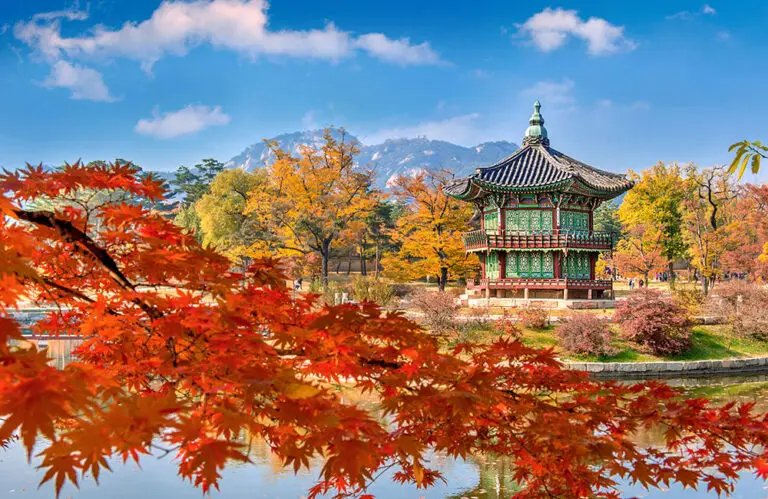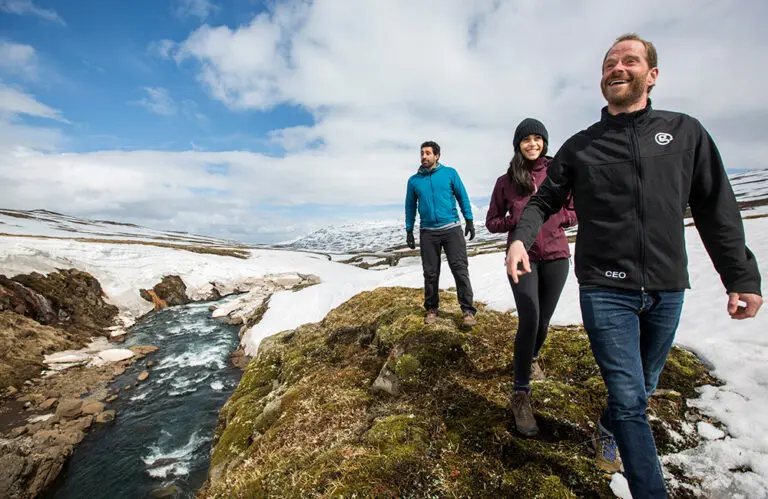As a nation, Japan has a few things going for it when it comes to hosting seasonal sports and global events, which are probably also the reason why international visitor numbers (pre-COVID) have been climbing year after year, reaching their highest ever in 2019 with almost 32 million arrivals.
Tokyo is no stranger to the summer Olympics, having already hosted the games back in 1964.
And, while no other city in the world has held the Olympics more than once since then, Japan has also hosted the Winter Olympics twice in-between times – Sapporo in 1972 and Nagano in 1998.
This makes Japan more familiar with the games than any other country in the world alongside the United States.
But what makes Japan the ideal sporting destination? Let’s take a look.
The love for sport in Japan is etched into its culture

Dating back hundreds of years and just like Japanese fashion and food, Japan’s sporting heritage is unique.
Compared to most countries, Japan has an abundance of home-grown sports (and national events around them), with some of the most traditional including sumo wrestling, karate, kemari (a traditional game similar to hacky sack), judo, kendo and yabusame (horseback archery).
And the world is watching now more than ever – while sumo wrestling has recently been recognised as an Olympic sport, karate made its Olympics debut at the Sydney Olympics in 2000.
Embracing ‘tradition’ along with the ‘new’ is very much a part of the Japanese psyche which has led to a growing appetite for more contemporary global competitive sports over the decades.
Puroresu (pro-wrestling), soccer, golf, tennis, auto racing, and baseball are now widely followed sports in Japan supported by professional leagues and national events.
Diverse and versatile natural settings

To an outsider, Japan is often associated with urban life and its many man-made marvels, but unlike many destinations, the island nation is home to varied and distinct natural landscapes on the spectrum from alpine to tropical.
The 2021 Olympic games will make the most of Japan’s geographic diversity using impressive venue locations such as Enoshima Yacht Harbour (Kanagawa Prefecture), the Fuji International Speedway (Shizuoka Prefecture), and Tsurigasaki Surfing Beach (Chiba Prefecture).
Meanwhile, high above the balmy conditions and world class waves flanking Japan’s coastline, the 1998 Winter Olympics showcased some of the world’s best ski regions including Hakuba Happo-One Winter Resort, lizuna Kogan Ski Area in Nagano, Mount Higashidate, and various other stunning mountainous backdrops around Nagano.
Distinguished seasons

Average winter temperatures sit below freezing in the coldest parts of Japan, with Hokkaido rarely climbing above -4°C? (and it can get much colder).
This is in stark contrast to the average highs of 31°C you’ll experience across the Okinawan islands during summer.
Setting the country apart from the hot summers and mild winters of Europe and other more temperate climes around the world, Japan’s suitability as a winter and summer Olympic destination is also what drives many tourists to visit Japan all-year-round.
Depending on the time of year and location, Japan offers all kinds of adventures including snorkelling and diving from Ishigaki Island, paddle boarding through forests and canyons in Okutama, and parasailing in Okinawa – right through to heliskiing in Hokkaido.
For less adrenaline-inducing activities however, Japan’s shoulder seasons are ideal for enjoying more relaxed scenic experiences, whether it’s to see cherry blossoms and other flora flourishing in the spring or the moodier tones of nature in autumn.
Transport infrastructure that’s the envy of the world

Although this year’s Olympics will proceed without international spectators, in ‘normal times’, getting from A to B in Japan is probably easier and more efficient than anywhere else in the world.
Reaching speeds of up to 320km/h, Japan’s Shinkansen bullet trains can take you virtually the full length and breadth of the country in no time at all, from Kagoshima on the far south of the Japanese peninsula to Hakodate in the north.
As a country that takes train travel seriously with an intricate rail network, it’s not surprising that there are also more chilled and scenic ways to journey through even the most remote regions.
For example, the Shimakaze, Kintetsu sight-seeing train offers a comfortable journey complete with dining options and beverages from Osaka, Kyoto or Nagoya to the beautiful Ise-Shima region.
Other popular journeys include the Fujisan View Express where you’ll enjoy views of Mount Fuji from Otsuki station to Kawaguchiko station, and Hokkaido’s Kushiro Shitsugen Norokko Train which offers panoramic views of the Kushiro Wetlands.
While we patiently wait until we can visit Japan once more, we’ll have to enjoy the buzz of the Olympics through our screens at home.
All the best to every athlete taking part.
Click here or visit your local travel consultant for more information.





